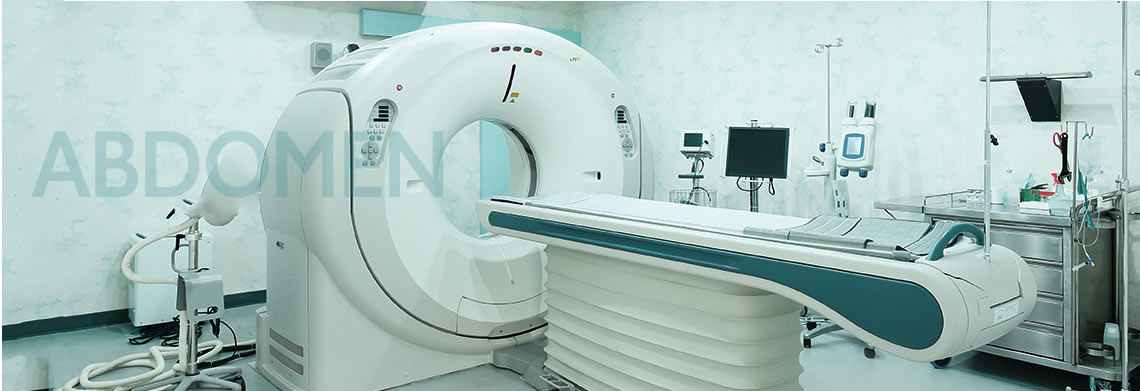
1-480-425-4150
Need assistance? Our clinical support staff will
answer your questions. Call us now!
BILIARY DRAIN
What is a Biliary Drain?
Your healthcare provider has requested that you undergo the placement of a biliary drain. Bile should normally drain from the liver into the bowel, but the bile ducts allowing for this drainage can become blocked. A biliary drain is a means for this backed-up bile to be drained.
How Should I Prepare?
You should not eat or drink anything for six hours prior to your procedure. You may take your medications as directed. Speak to your doctor if you need to adjust your insulin dosing. Prior to your procedure, you should make sure all medications and allergies are updated. If you are on a blood thinner you may be requested to stop that medication for a period of time.
How is the Procedure Performed?
The procedure will be performed by an interventional Radiologist, who is a physician with specific training in image-guided procedures. The procedure will be performed under fluoroscopy. Intravenous medications may be given to make you more comfortable and relaxed. This is called conscious sedation.
The skin will be cleaned with sterilizing solution and numbing medicine is injected into the skin. A needle will be placed through the skin and into the liver, and several attempts may be needed enter a bile duct. X-ray dye will be injected to obtain pictures of the bile ducts (cholangiogram). These pictures will show the location of any bile duct blockages and direct the placement of a plastic tube for draining bile.
The initial bile duct drain will have an external portion exiting the skin along the right flank or upper abdomen. This drain may need to remain in place indefinitely unless the underlying cause of blockage can be corrected. These drains need to be exchanged every 2-3 months to avoid clogging. In some circumstances a metal stent can be placed across the blockage, in which case the external drain can often be removed.
What should I expect after the procedure?
You will usually be monitored in the hospital for at least one day following biliary drain placement. The length of stay is dependent on your overall medical condition.






